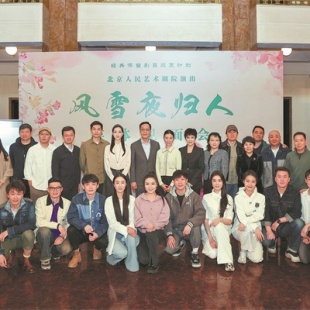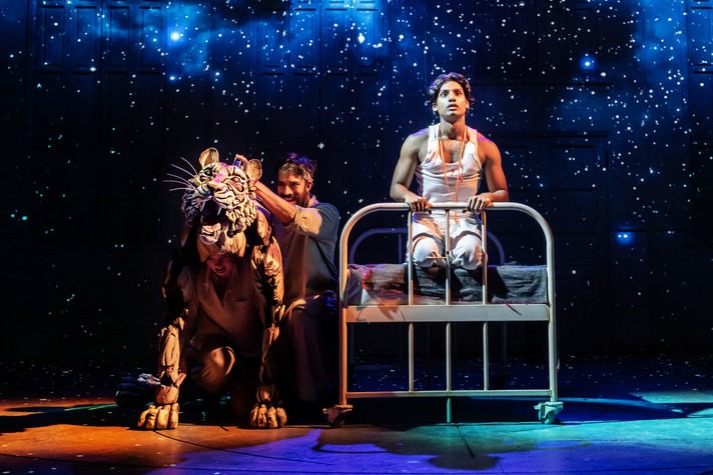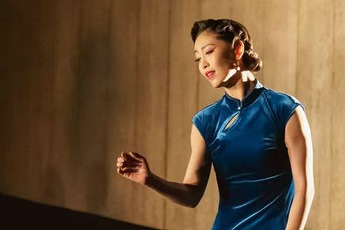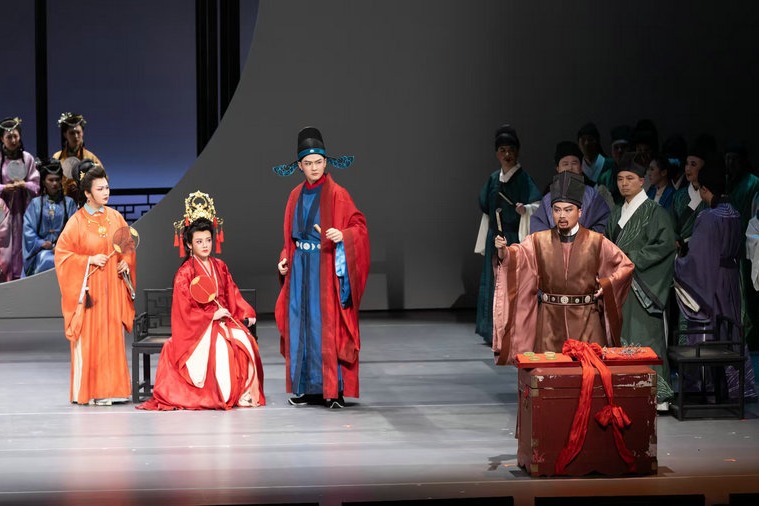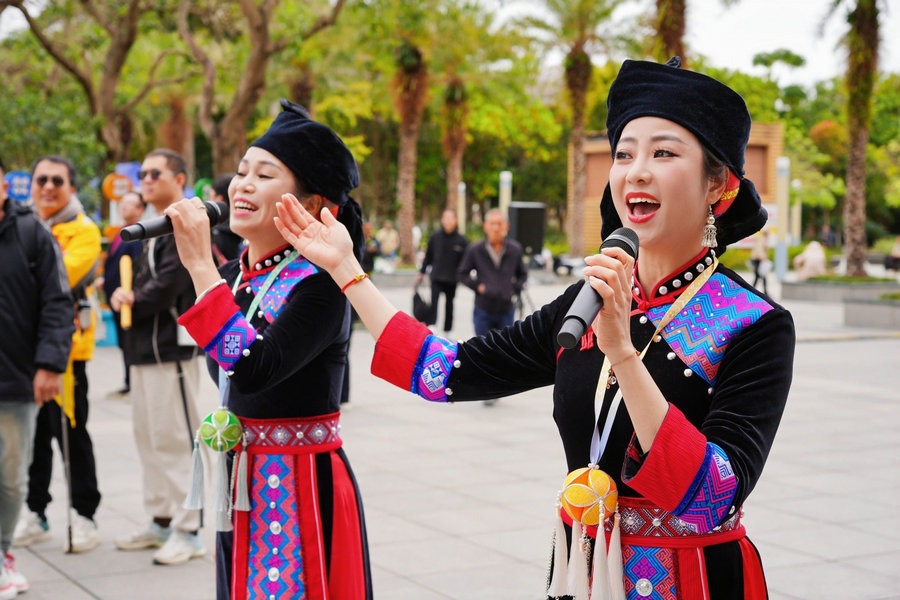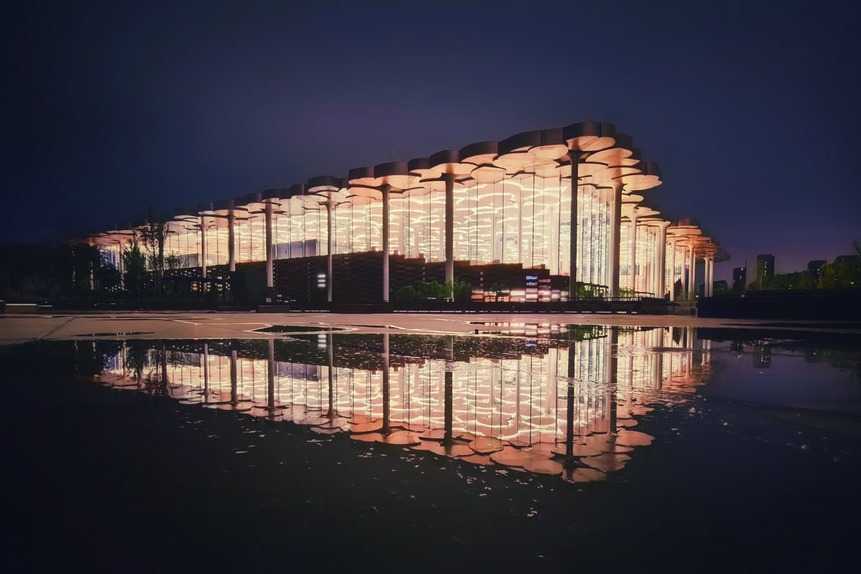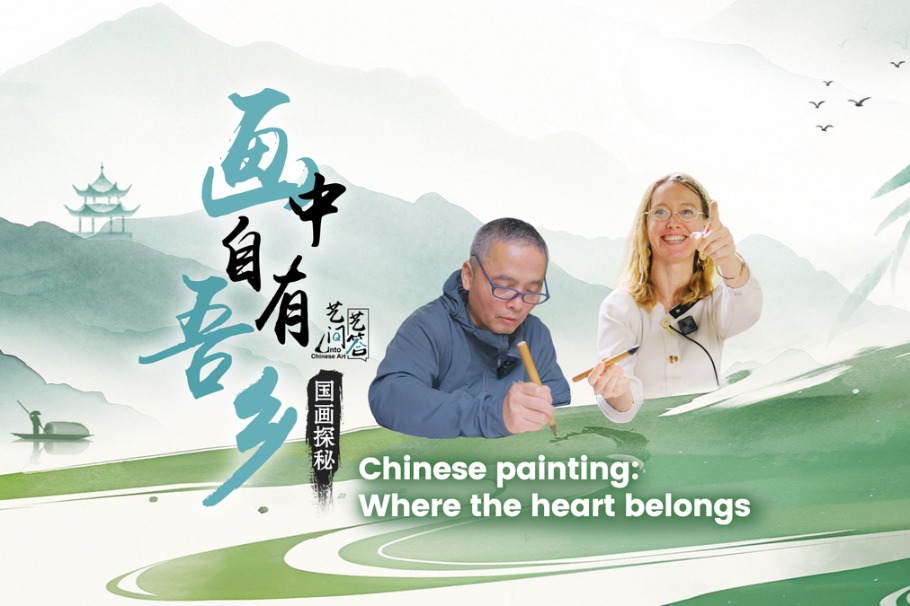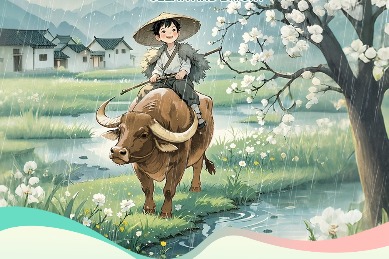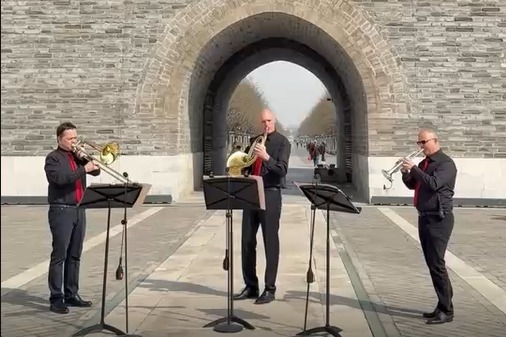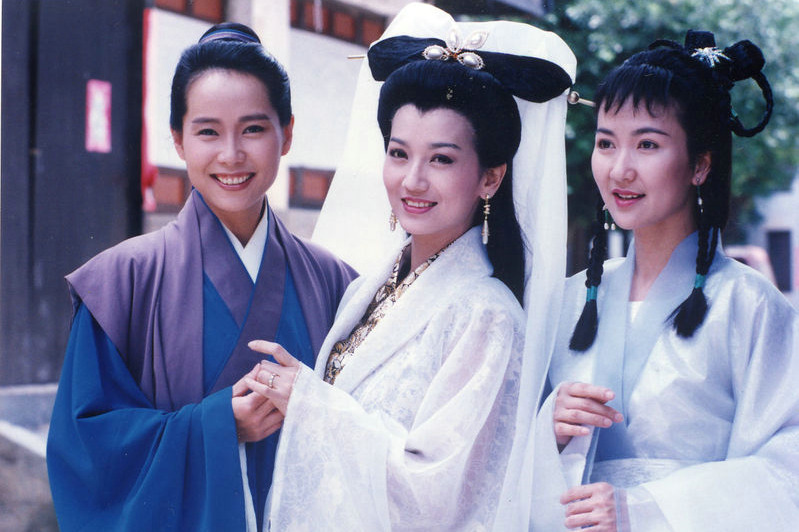Reviving the classics
Theater veterans bring glory back to historic stage works in the hope of speaking to the next generations, Chen Nan reports.

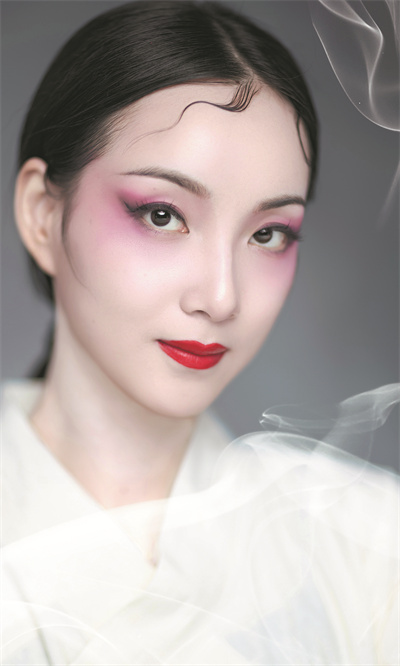
"After watching Kunqu Opera, I realized how uniquely traditional Chinese opera presents emotional scenes. The subtlety in body language and eye contact — where the heart, eyes, hands, and movements all play a part — is remarkable. Every aspect of the performance reveals the character's inner world, whether shy or bold. These small details speak volumes about the character's emotions," she says.
While the play features mostly young actors and actresses, the involvement of two seasoned performers, actor Li Hongtao and actress Liang Danni, helps uphold the theater's artistic identity, mentor the newcomers, and maintain overall performance quality, according to director Yan.
"The play not only depicts a tragic yet beautiful love story but also the turning wheels of fate and a yearning for a free life with dignity. This time, we aim to connect the past text with today's audience," says Yan, adding that the production will blend the aesthetics of traditional Chinese opera with modern theatrical techniques to create a poetic, rhythmic stage experience. "On stage, these living, vibrant characters must make the audience believe in them and step into their lives."
According to Feng, the second major revival will be Lao She's Rickshaw Boy, which will be restaged in July. This production will serve as a symbol of the theater's ability to maintain its classic works as dynamic and relevant for new generations. "We call plays like Rickshaw Boy 'museum plays', which refers to theatrical productions that are staged in a way that preserves their original form, without adaptation, reinterpretation, or modernization," says Feng, noting that the adaptation of Rickshaw Boy will be different from that of Wu's.
The revival will replicate the play directed by Mei Qian (1916-2002), which debuted in 1957 at the Beijing People's Art Theatre.
"Like a museum preserves historical artifacts, a 'museum play' treats the original production as an artifact of the past, keeping it intact for the sake of historical accuracy and authenticity," says Feng. "The production team will retain the original set design, costumes and makeup, preserving the most essential performance style of our theater. It aims to fully showcase the classic charm of the theater's establishing days. As soon as the curtain rises, the audience will feel as though they are watching a production from that era."


